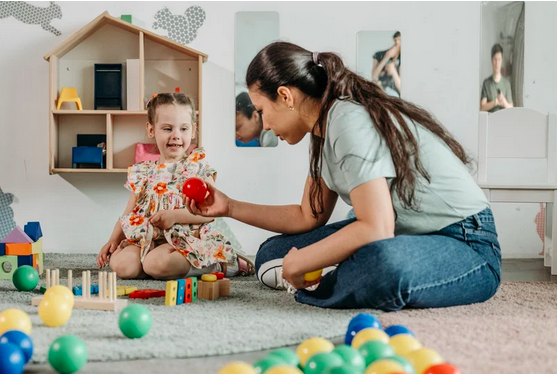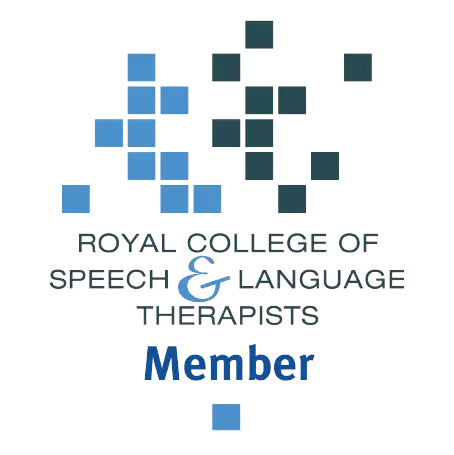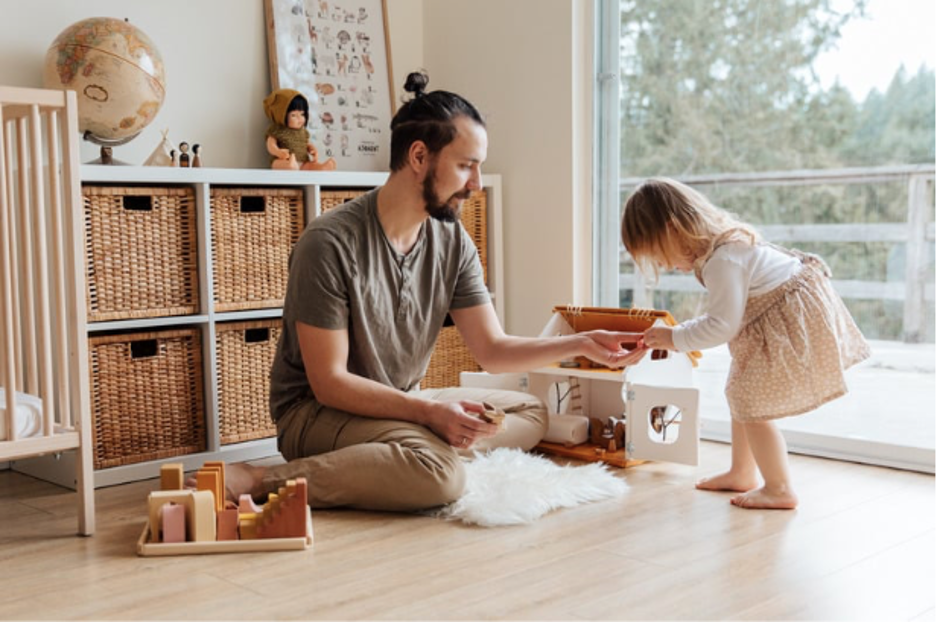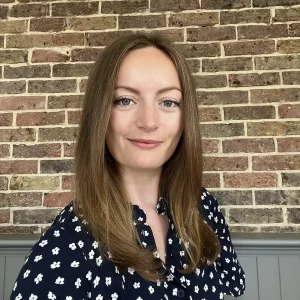We desperately want to help children learn, especially when they have a language delay. But what trap do we often fall into? We start asking a bunch of questions!
“What’s this?”
“What noise does this animal make?”
“What are you doing?”
It’s easy to think that asking questions is the best way to encourage conversation and language growth. After all, questions get kids talking, right?
Well… not really.
As a speech and language therapist, one of the things I often recommend to parents is to stop asking so many questions and start using comments instead.
But why?
Let’s dive into it!
What’s the Difference Between Questions and Comments?
First, let’s look at what we mean by questions versus comments.
Questions are things like:
- “What’s that?”
- “Can you tell me what colour this is?”
- “Do you like animals?”
Comments sound more like:
- “Look, a car!”
- “Ooo, it’s red.”
- “I love animals.”
Comments are statements, while questions are, well, requests for a response.
So, why avoid questions?
1. Questions apply pressure.
When we ask a lot of questions, it can create pressure for the child to answer correctly. For some children, it also means they have to stop what they’re playing with to think of a response.
Comments, on the other hand, allow children to listen without the pressure to reply. When you say something like, “That’s a big truck!” instead of asking, “What’s that?”, your child is free to take in your vocabulary and respond in their own time.
2. Questions don’t give extra language.
Let’s think about it: if we’re asking a question like, “What’s this animal?”, we’re probably encouraging the child to say a word they already know, like, “Cow”.
Instead, try commenting on their play to introduce new vocabulary and show them how to build language.
For example:
- Instead of “What animal is that?” → say “Cow!” or “Big cow.”
- Instead of “What’s she doing?” → say “Eating.” or “Sleepy cow.”
This way, you’re modelling richer, more useful language.
Over time, this helps children learn new words related to the play they enjoy most.
3. Comments promote language imitation.
When we ask a child a question, we’re teaching them… a question. They might even repeat it. But if we use a comment, we’re modelling language they can use immediately.
If a child repeats the comment, it’s something they can apply straight away.
If they repeat a question, they still haven’t learned how to respond to it.
Balance is key.
We don’t have to stop asking questions completely (even I know that sounds a little crazy!). Questions do have their place: helping a child feel heard, offering them choices, and giving space to express themselves.
However, when we’re supporting a child with delayed language to start talking or expand their vocabulary, it helps to limit questions during play.
This way, we’re entering their world, with their favourite toys, and modelling language they can take away and use right away.
Bonus tip:
If you leave a short pause after your comment, you’re giving your child time to process the language and space to respond in their own time.
Final Thoughts
You’re not doing anything wrong by asking questions, we just want to shift the balance. Try using more comments than questions, and see how your child responds!
Check out my Instagram video.
Check out the downloadable resource on Parent-Child Interaction Strategies.







